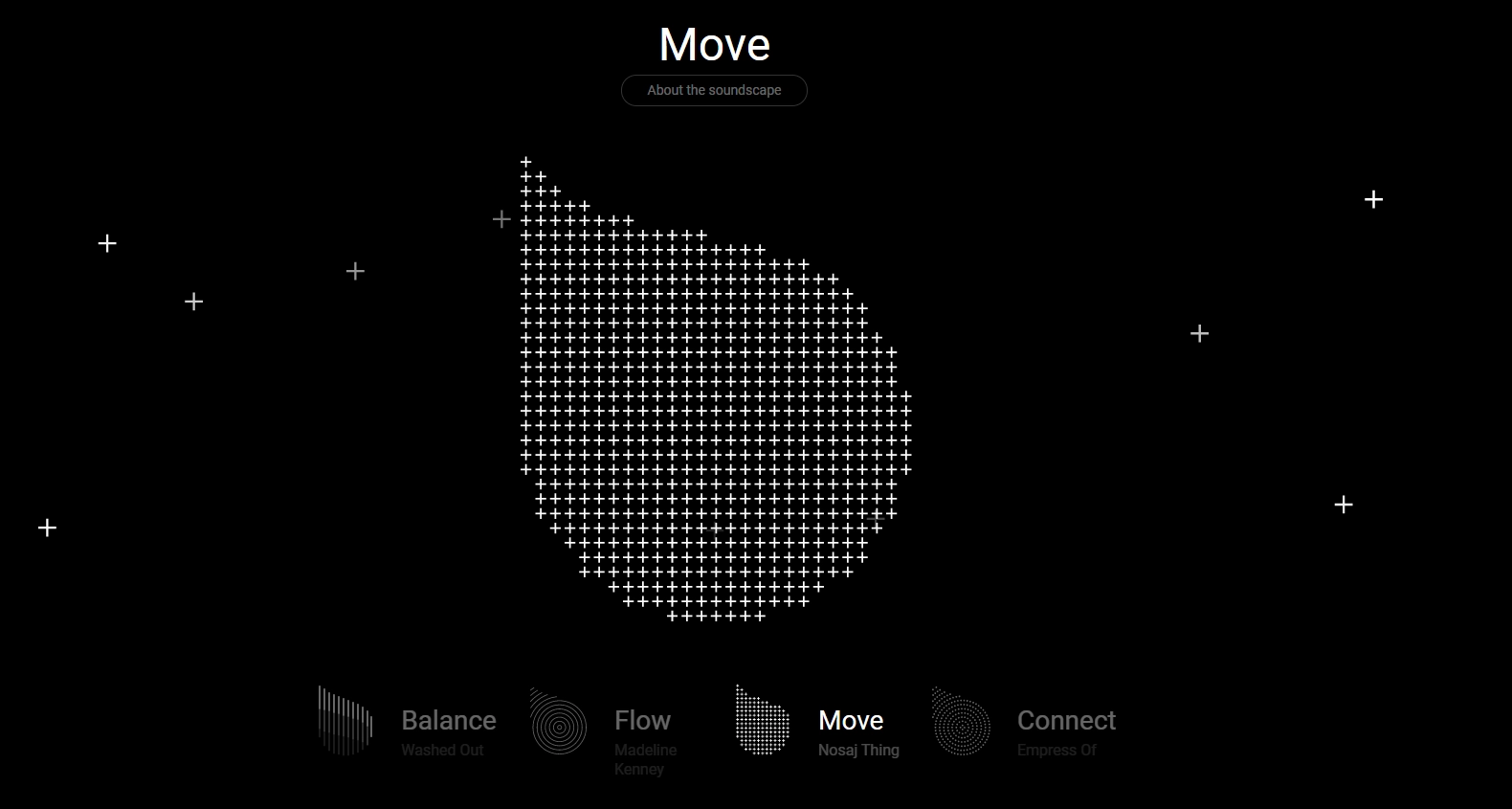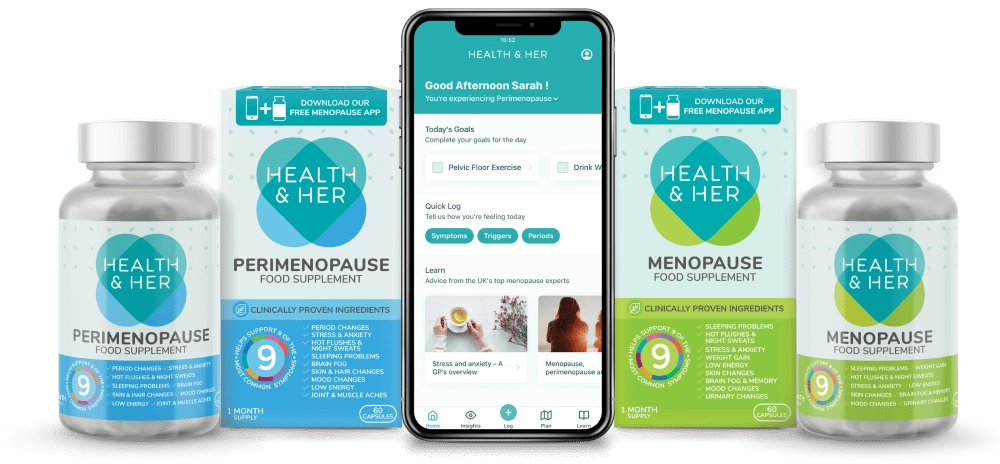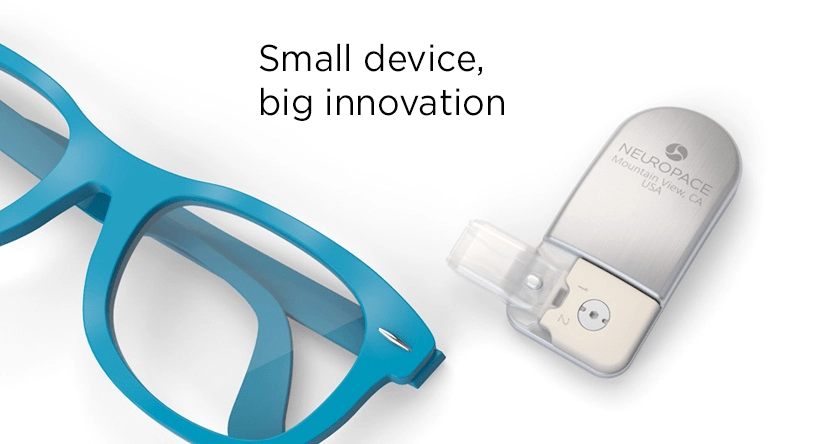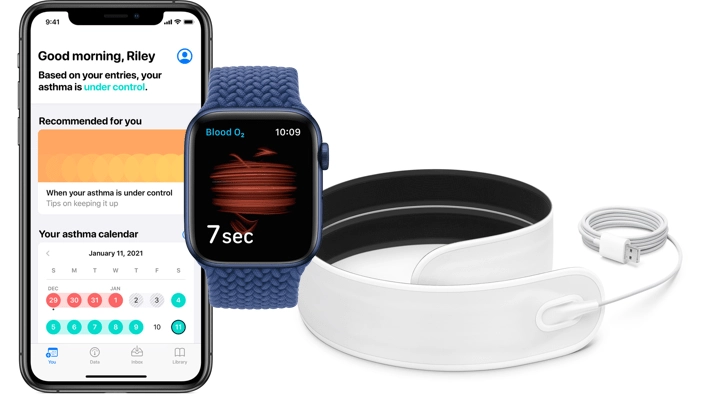

Digital healthcare digest — September 2020
Hi! It’s time to look back at the first autumn month in digital health and reflect on what’s been happening. We, as usual, collected all news, research, and market breakthroughs for you to be able to quickly comprise the bigger picture.
New product and launches in the digital health industry
OhanaHealth released a platform called OhanaConnect to connect students and recent graduates to full-time jobs in the health tech industry.
A woman’s health platform Nurx, popular thanks to its telemedicine services that are providing contraceptives and STI testing for patients, goes into the migraine niche. The startup launches a segment of telemedicine that connects patients to providers who develop individualized migraine treatment plans.
Teva Respiratory launched new inhalers, AirDuo Digihaler and ArmonAir Digihaler: the first is used to control symptoms of asthma, plus prevent wheezing and other symptoms; the second is designed for long-term treatment of the disease.
Berlin-based startup launches an app called Endel. Its development started with “let’s build a machine that generates ambient” and resulted in personalized sound environments that, as founders say, help people focus, relax, and sleep. Research for their soundscapes shows a 3.6-time increase in concentration and a 3.6-time decrease in anxiety in listeners.

Garmin launches Forerunner, a digital watch that measures oxygen and activity levels, monitors menstrual cycles and is designed to be helpful for athletes to plan and improve workouts through data analytics. The watch shows cadence and stride lengths for runners, time seated and standing, and left/right balance for bikers, distance and strokes of movement for swimmers, and so on.
British CMR Surgical launched Versus Surgical Robotic System at Clinique du Parc Hospital in France. The robot will assist in keyhole minimum access surgery (MAS). It’s mobile, and can be used in any operating room. The MAS delivers better patient outcomes than the open one, and thus after it, patients stay in the hospital for not as long which is an extra important factor in the pandemic.
Juno Bio launched a vaginal microbiome home test kit at the cost of $149 with free shipping. The startup designed it for women to understand their microbiome better and for scientists to collect data for this pretty lacking in the data and research branch of healthcare. The tests are for awareness, the startup empathizes, and not for diagnostics.

The first digital program that helps manage symptoms of menopause and provides integrated supplemental range was launched in the UK. The app is developed by Health & Her, and it helps assess symptoms of menopause and pre-menopause, gives suggestions of physical exercises, and comprises tools to improve meds and supplements adherence.
Deloitte, a financial services firm from the UK, launched a health tech hub in Birmingham. It’s called Health Tech Catalyst, and it will connect tech companies to healthcare organizations to enhance the digitalization of care.
Salesforce creates a platform to help governments distribute vaccines. It’s built, partially, through Salesforce tools: they connected a new product called Work.com for Vaccines with additional components like appointment management, admin tasks, outcome monitoring, and outreach.
Digital health startups funding in September
Hazel Health, a telehealth provider for pediatric care, family physicians, and emergency medicine raised $33.5M in Series C. The startup runs virtual care clinics in the schools’ infirmaries. Apart from nurse training, Hazel Health provides care equipment and medications. The company said it has grown 400% in the last three months alone and now provides care to 1.5M kindergarten and grade school students in America.
Emjoy, an audio app from Barcelona, got $3M in seed funding for their offering of audioguide for “intimate well-being” to improve women’s sexual self-care and wellness through advice from sex therapists, wellness experts, and entertainment content from writers.
Mobio Interactive, a digital health startup that develops evidence-based software to prevent, measure, and treat mental illness, raised $1.8M in seed funding. These funds will help to improve deep tech and clinical validation of the company’s app called Am Mindfulness. Mobio says the app outperforms placebo in helping people manage stress, and it’s able to quantify their stress without sensors using machine learning algorithms.
A neurostimulation therapy startup called NeuroPace raised $33M in equity round and got $34M in convertible debt financing alongside it. They develop a product called RNS system that is an FDA-cleared neurostimulator for adults with epileptic seizures. It’s an implant, and, once in the brain, it delivers a simulation before the seizure to prevent it and transmits the data about it to clinicians’ online dashboard.

UK-based uMotif raises £5M in series A. The data-capturing company powers decentralized, patient-centric clinical trials, and plans to use the funds to expand into new study types and popular niches within the field.
US-based Biofourmis receives $100M in Series C for biomarker- and data analytics-powered platform for patient monitoring called Biovitals. The set comprises wearable for patients and a connected app. Also, they formed Biofourmis Therapeutic division that develops clinically-validated digital therapeutics that are designed to treat and manage underserved patients; later, they will be combined with traditional therapy and meds.
Canadian Circle Medical raises $14.3M for its telehealth platform. They plan to invest these funds into expanding on the US market and allowing Canadian physicians to provide across-the-border care. The company services will be financed by insurers.
American Insuretech Bright health raises $500M in Series E, and they plan to use the funds to get into new markets. Bright Health is one of the healthcare unicorns: by focusing on consumer-focused insurance and providing affordable care to patients, they’ve managed to raise more than $1.5 since 2016.
Digital healthcare market news and partnership
Health2Sync, a developer of digital health software from Taiwan, partnered with Sanofi, a parma giant: they plan to install Health2Sync patient management solutions in 300 clinics and hospitals within Taiwan Diabetes Shared Care Network, and provide their patients with an app that will help them manage diabetes.
The Singapore government and Apple partnered to develop LumiHealth, a personalized program to enhance healthy habits and activities through Apple Watch. This will be a part of Singapore’s Smart Nation initiative that aims to use technology to bring benefits to Singaporean citizens and businesses.
Amwell, a telemedicine company that is backed by Google, has recently filed IPO, hit the market under the symbol AMWL. By the end of September, their shares climbed 26%.
A new study from Accenture says that, despite the acceleration of the digital health market, it’s important to watch consumer concerns very closely, as the consumer adoption of digital tools has fallen in comparison to the 2018 year. The sharpest drop has been seen in the younger generation. The company says security and privacy will be the top considerations for digital services.
Regulations and clearances in digital health
Medtronic’s MiniMed 770G, an automated insulin delivery system for children - has been cleared by the FDA. That’s the first time such a system has been greenlighted for Type I diabetes, and it can be used by two years old children and older.
Apart from that, Capsule Technology also got FDA clearance for its capnography-monitoring tech. Their device tracks patients’ end-tidal carbon dioxide and other indicators of respiratory health to keep tabs on patients’ ventilation and the way their activities reflect on their lungs.
FDA itself recently started working on the Digital Health Center of Excellence, a resource that will become a tool to promote digital health technologies both for the agency and for external stakeholders.
Fitbit app for ECG monitoring on their latest smartwatch, the Fitbit Sense, got regulatory clearances both in America and Europe. According to the clinical trial, the app can detect over 98% of atrial fibrillation instances and is 100% accurate in identifying participants with normal sinus rhythm.
Data protection & security threats in digital healthcare
Universal Health Services, one of the largest hospital chains in America, has been hit by a ransomware attack.
Science & business research in digital healthcare
Australian PainCheck, an AI-driven pain assessment company, ran research on the connection between pain and dementia, and it uncovered undetected chronic pain in half of the patients with the disease.
Six out of seven patients who come to the doctor because of Apple Watch's new pulse feature doctor don’t have cardiovascular problems, reports Mayo Clinic.
Omada, a chronic care management company, and research platform Evidation Health discovered that patients who use Omada’s diabetes management program, reduce their A1C levels to an average of 0.8%.
The University of Pennsylvania and Philadelphia Department of Public Health run research that showed VR is just as effective for in-person training for giving communities and care specialists knowledge on what is naloxone and how to administer it (as a part of the opioid overdose prevention program.)

Apple, Anthem, Irvine, CareEvolution, and the University of California will launch a two-year study with 900 participants to find out how digital tools can help people control and manage their asthma and reduce hospital admissions. It’s called Digital Asthma Study and it gets together with the Apple Watch and self-management app; all participants will get Apple Watch and a Beddit sleep monitor, but the app will be installed only in the intervention group.
Digital healthcare vs COVID-19 September
United Airlines wants to test for COVID-19 right before flights (it will be either quick tests at the airport, or a mail-in test kit to test right before the flights.) They partnered with GoHealth Urgent Care that will be providing on-site tests and Color, that develops at-home kits to start doing so.
Apple and Google are refining their COVID-19 tracing app to accelerate enrollment for device owners. Now, Apple users don’t have to download a separate app, as the update will send people in states that agreed to use the technology a push notification that will give people an option to opt into the Bluetooth-based system.
A new survey by data security company SecureAge Technology shows that consumers and IT professionals believe that contact tracing technology will put PHI at risk, but they both still think such tools can help cut down the impact of the coronavirus and would support the nation-wide implementation of technology despite their concerns.
CDC study uses phone-location data to figure out if people are staying home as they should under stay-at-home order. They found Americans usually comply with the government’s quarantine policies this spring.
Tell us about your project
Fill out the form or contact us

Tell us about your project
Thank you
Your submission is received and we will contact you soon
Follow us

